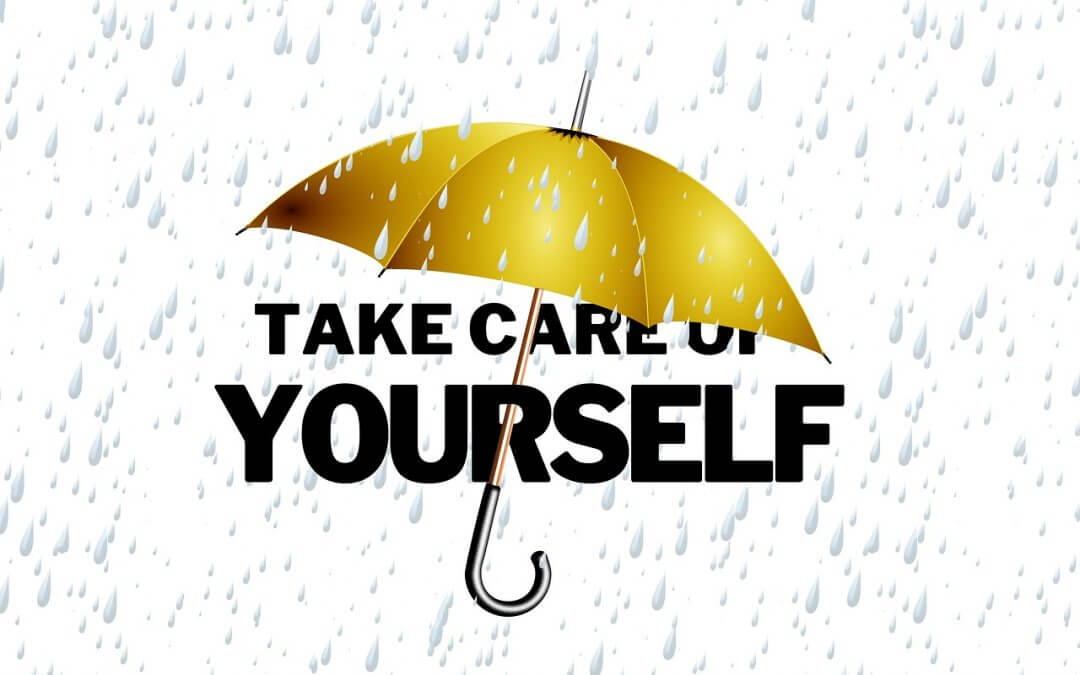Throughout my career as a nutrition therapist, I’ve watched too many women fight hard not to lose themselves to the various pieces of their lives; work, family, friends, social, volunteerism, church, etc.
I wish I had a magic self-care wand.
This special wand would spray tiny droplets of inspiration and permission to women struggling to appreciate and value themselves, who wrestle with feeling “worthy” of self-care.
Is Your Self-Care Missing?
Recently I was chatting about nutrition with another breast cancer survivor when the topic of self-care came up. As we talked about making nutrition choices that support health, she shared how hard it was for her to make those choices consistently.
That’s a common struggle, so I wasn’t surprised, but I wanted to know more.
“What gets in the way?”, I asked.
Her answer broke my heart.
“Learning or understanding how to make practicing self-love and self-care an automatic thing.”
How Nutrition and Self-Care Intersect
Throughout my career as a nutrition therapist, I’ve watched many women fight hard not to lose themselves to the various pieces of their lives; work, family, friends, social, volunteerism, church, etc.
Although self-care may not seem to fit into a nutrition session, I assure you it’s often one of the first things to come up.
It shows up like this:
- emotional eating
- avoiding physical activity
- on again/off again dieting
- self-sabotage through food and exercise abuse
- resistance to building or maintaining the foundation of a healthy diet
I can easily spot the (lack of) self-care connection in each of those, but my clients often need a little help connecting the dots.
Consider this:
- With so many things demanding your attention, shifting your needs to the bottom of the list can feel like a way to manage overload.
- Eliminating things you should do, or deciding you don’t have time for things you want to do – exercise, cook, sleep – makes that list more manageable.
That can be an easy existence to get used to.
But in the end, you suffer.
Self-care requires planning, deliberate action and commitment; practices that require EFFORT.
And let’s be honest, sometimes you don’t feel like making the effort, so is it possible saying “I don’t have time!” becomes permission to skip taking care of yourself?
Maybe. Maybe not.
And then, you got breast cancer.
Self-Care for Breast Cancer
Breast cancer survivorship and self-care go hand in hand, with some research suggesting self-care is critical for lymphedema management and risk reduction. (1)
A breast cancer diagnosis, treatment, post-treatment survivorship or living with metastatic disease forces you to focus on yourself, and I invite you to do so with patience, grace and kindness.
Self-care is about being kind to yourself, appreciating and valuing yourself for even the smallest of things.
You may think your empathy for others, being a good friend, or your killer chocolate chip cookies are no big deal, but they all add value to the lives of others AND, you.
They’re worthy of celebrating.
What Acts of Self-Care Are NOT
When you care about, respect and value yourself, you naturally adopt habits and behaviors that keep you emotionally and physically healthy.
Any of these crept into your daily routine? Consider nudging them OUT.
- Smoking
- Sacrificing sleep
- Starving yourself
- Numbing out with food
- Drinking to excess
- Bingeing on food as an act of defiance
- Abandoning your fitness routine
- Watching endless hours of television
- Punishing yourself with a brutal fitness routine
- Feeling guilty about enjoying the weekend, a brownie, a gin & tonic
What Acts of Self-Care ARE
Practices that ground, elevate or center you feel good. That’s how you know you’re doing something supportive for yourself.
Below are a few ideas; add your own to create a unique-to-you self-care routine.
- Journaling
- Massage
- Dancing
- Meditation
- Mindfulness
- Aromatherapy
- Being in nature
- Moving your body
- Listening to music
- Sleeping (enough)
- Washing your car
- Unplugging from tech
- Reading inspirational books
- Decluttering your desk, refrigerator, pantry
How do you “do” self-care? Share your favorite self-care ideas in the comments below.
________________________________________________
Thanks for reading my blog post!
I help post-treatment survivors of hormone-positive breast cancer end food fear, confusion and overwhelm, eat without stress and guilt, and rebuild their health so they can do the things they enjoy with the people they love.
I’m a registered dietitian, personal trainer, nutrition therapist and coach, speaker and survivor of hormone-positive breast cancer.
Ready for professional support to rebuild your health and gain peace of mind?
Click this link and watch my HEALTH REBUILD video!
Get my FREE Lifestyle Choices Matter! Get Started Guide
Follow me on Instagram @hormone.breastcancer.dietitian
Sources

